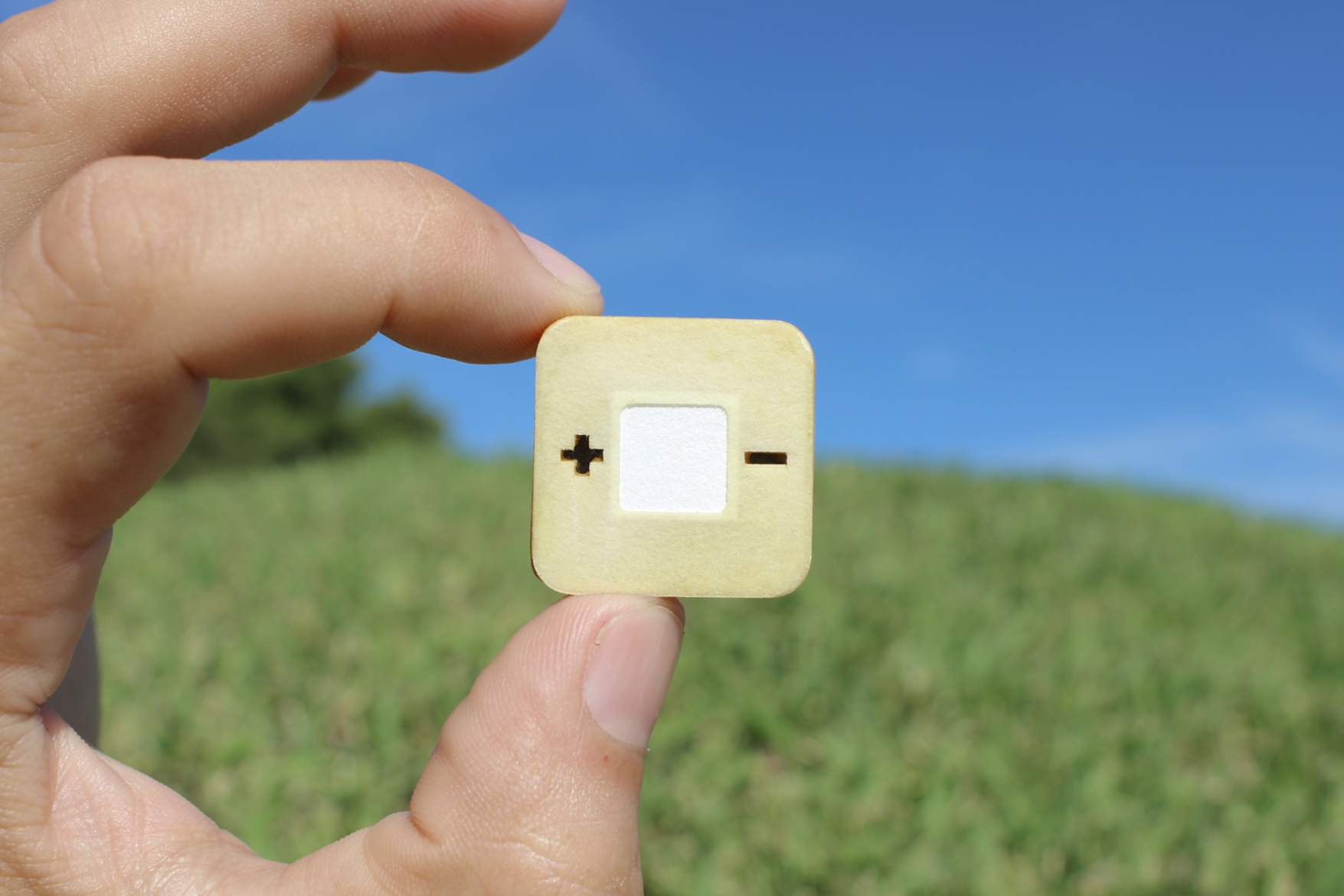 In its first “Science for Solving Society’s Problems Challenge,” ECS partnered with the Bill & Melinda Gates Foundation to leverage the brainpower of the many scientists in electrochemistry and solid state science and technology that regularly attend ECS meetings. From this project, seven presentations were selected, with a total of $360,000 awarded to pursue research projects addressing world sanitation problems.
In its first “Science for Solving Society’s Problems Challenge,” ECS partnered with the Bill & Melinda Gates Foundation to leverage the brainpower of the many scientists in electrochemistry and solid state science and technology that regularly attend ECS meetings. From this project, seven presentations were selected, with a total of $360,000 awarded to pursue research projects addressing world sanitation problems.
The powerPAD, a collaboration among Neus Sabaté, Juan Pablo Esquivel, and Erik Kjeang, was one of the projects selected to receive $50,000 in funding. Now, just over two years later, the researchers are discussing their findings and how their work has transformed over time.
“As originally proposed, the developed battery is completely made of organic materials such as cellulose, carbon electrodes, beeswax and organic redox species, and can be fabricated by affordable methods with low energy consumption,” Esquivel told ECS in an email. “After it’s used, the battery can be disposed of in an organic waste container or even discarded in the field, because it biodegrades by the action of microorganisms present in soils and water bodies. In the article we have shown that this biodegradable battery can substitute for a Li-ion coin cell battery to run a portable water monitoring device. The battery is activated upon the addition of a drop of the same water sample that is analyzed.”

